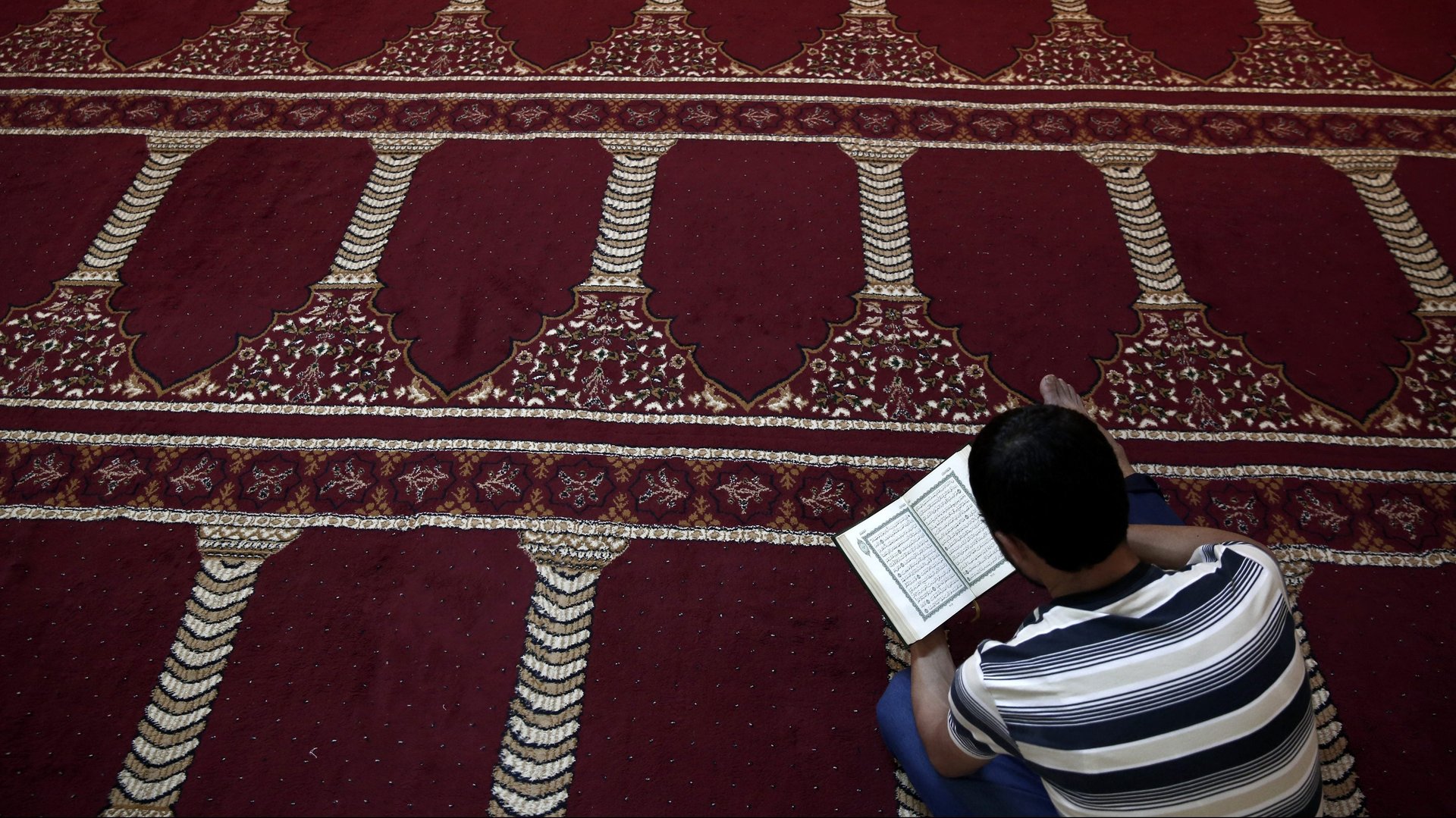Greece is limiting the power of sharia law
Greece is curbing the power of sharia courts that operate in the northern region of the country.


Greece is curbing the power of sharia courts that operate in the northern region of the country.
The new law (paywall), which prime minister Alexis Tsipras described as a “historic step,” gives Greek Muslims the option to take civil cases to Greek courts instead. The law restricts the application of religious law in the country, which according to Tsipras “broadens and deepens equality before the law to all Greeks.” Greece is home to some 100,000 Muslims.
Sharia law has applied to Thrace, a poor northern region home to most of Greek’s Muslim minority, for close to a century. This is down to the 1920 treaty of Sevres, following the collapse of the Ottoman Empire, sparking population movements between Greece and Turkey; and the 1923 treaty of Lausanne, which recognized the boundary of modern Turkey. The treaties required that Islamic customs and Islamic religious law apply to thousands of Muslims who remained in Greece and suddenly became Greek citizens.
There are some simmering tensions between Turkey and Greece on the latter’s small Muslim community. Turkey calls the Muslim residents in Thrace the “Turkish minority,” but Greece continues to challenge the use of that term, accusing Turkey of attempting to meddle in domestic disputes.
The Greek parliament was forced to respond to the issue after a complaint was filed by a 67-year-old widow, Hatijah Molla Salli. The court case was about an inheritance dispute between Salli and her deceased husband’s relatives. Salli claimed the inheritance (paywall) that her husband left her in a will drafted by a Greek lawyer before he died. Her husband’s family disputed this and complained to the local mufti (an Islamic cleric), arguing that under Sharia law, Muslims were not allowed to have wills. Salli initially won her case after appealing to Greek secular justice, but the decision was reversed by the Greek Supreme Court in 2013, which ruled that only a mufti had the power to resolve Muslim inheritance rights. Salli then took her case to the European Supreme Court.
The new law gives Salli the backing she needs.